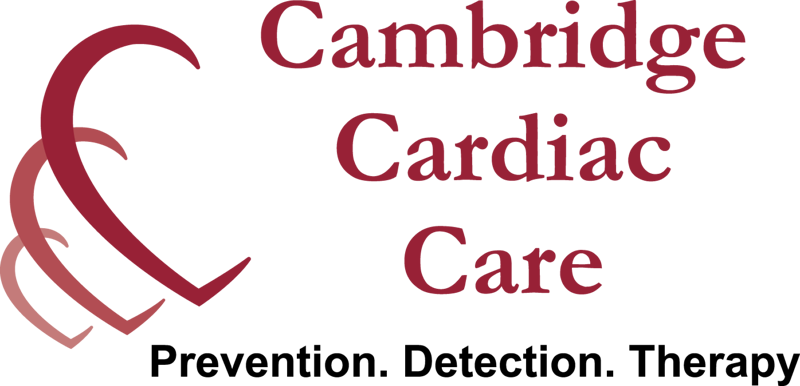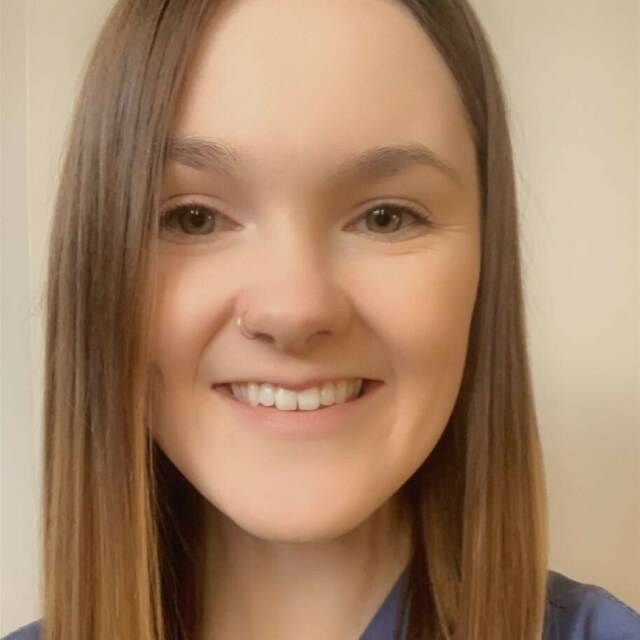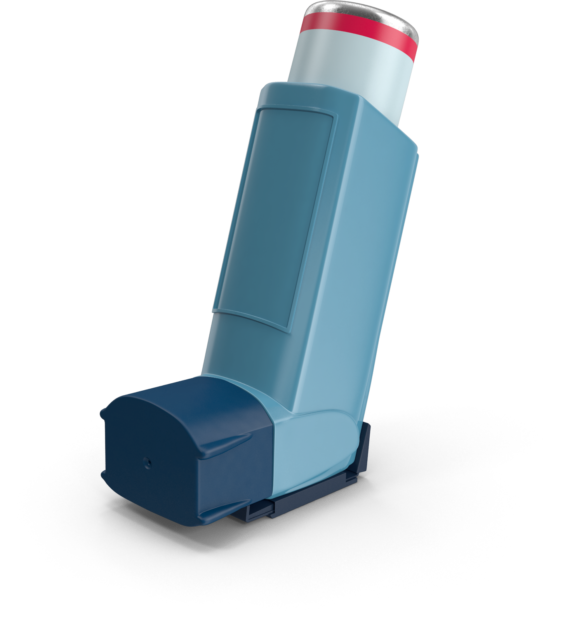The "quick breath" test
A spirometry test is a very simple and quick test to assess lung function and capacity. Entirely painless and non-invasive, the spirometry test simply requires the patient to take long deep breaths in and then exhale as forcefully and as long as they can into a tube. The process is repeated three times, on average. The amount and speed of the exhaled air are recorded by the attached computer and are then analyzed by the cardiologist to assess the cause of shortness of breath, and to determine the possible development of restrictive or obstructive lung disease. Although the spirometry is not a definitive cardiac test on its own, it does provide an important piece of the diagnostic puzzle and in conjunction with other tests, provides vital information for the development of a treatment plan.


 1.jpg)







